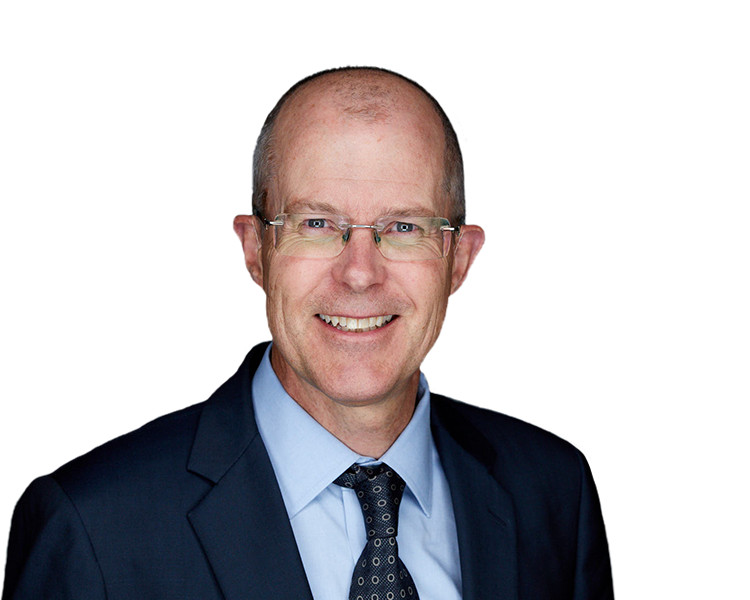How we return to work, what work we do there and how, as leaders, we manage those around us, are starting to loom large as companies grapple with a post-pandemic “new normal”.
Most obviously, working out the right balance between colleagues being in the office and working from home is top of mind for many people, even as there is not yet broad consensus on what that balance looks like. Wall Street banks have recently made clear that they expect staff to be in the office most, if not all, the time, whereas in Europe banks are adopting a range of approaches.
For Julius Baer, the leading Swiss wealth management group, COVID-19 threw up the same challenges. But Philipp Rickenbacher, who has been chief executive since 2019, says what has been really striking is the lesson in management and organizational behaviour that has come out of the experience. Specifically, how the group quickly learned to “self-organize” in order to maintain “full operational readiness” in a remote working setup.
“When you are running an organization, you’re obviously relying on an ‘org chart’, the regular meetings, and on-the-floor design that brings certain functions together. And this is how things have been running for many years; you almost can’t imagine that differently,” he said in a recent interview with IMD in Zurich.
“But then you throw people into a completely different environment and you find that, actually, the organisation starts to self-organize and does that almost [immediately]. We’ve learned how resilient we are as a company and we’ve learned how flexible our people are and how well they can manage in different situations.”
Managing people in this shifting work dynamic was made easier by the culture, or DNA, of Julius Baer, which is characterized by individuals taking responsibility and roles being “complex and interwoven”, rather than designed to tick functional boxes.
YouTube


 Podcast available
Podcast available